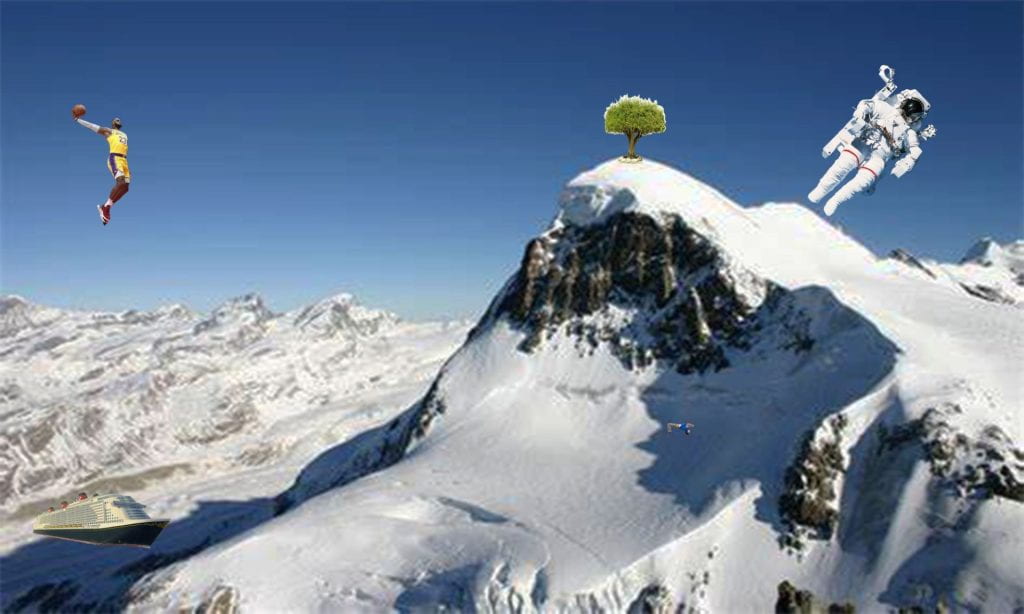
Letter to the new students
Letter to the New students
Hello, students, this will be the easiest and funniest class depending on the vibe and if you pregame before class. But the class is super easy to pass, the only thing you need to do is stay on top of the work which you get a long ahh time to do. Make friends or get to know people better because if you don’t this class is going to be boring as hell. The teacher is Hella chill but don’t get her mad because she doesn’t hold back, she went off at a fat kid because he didn’t shut up. If you just follow these steps, you should pass the class with an A+ But if you don’t, you’re going to probably fail the class. Step1 is too pregame or hit a blinker, Step 2 have a good time an do the work its that simple nothing to crazy two very simple steps to pass the class.
Sincerely yours truly
Alejandro
Surrealistic colege

the meaning behind this is anything is possible the reason why i say this is because everything in this photo is impossible there is no way an astronaut can Float midair and a ship to sail in the snow and for a tree to be on top of a snowy mountain is very slim so that’s why i say that this photos meaning is that nothing is impossible.
METICULOUS photo

Close up

Funny, nonchalant, corny, mogged, freakytime, kaiwimode, ultra realistic, ultra instinct.
book strip

White Balance
you can fix white balance when editing your photos using programs like Lightroom or Photoshop. This helps remove weird color tints and make your pictures look more natural. You can use tools like the white balance eyedropper or the temperature and tint sliders to adjust the colors until they look right. If you shoot in RAW format, it’s even easier to change the white balance without losing image quality.
Advertising

Drawing iconic photo

File formats
JPEG
Best For: Sharing photos on social media, personal use, or printing smaller pictures.
Pros: Small file size, easy to share, widely supported.
Cons: Loses some quality from compression, not ideal for heavy editing.
HEIF
Best For: Storing high-quality photos in less space on devices like phones.
Pros: Smaller files with great quality.
Cons: Limited compatibility with some devices and software.
TIFF
Best For: High-quality images, especially for professional printing or detailed editing.
Pros: No quality loss, excellent for editing.
Cons: Large file sizes, takes up more storage.
RAW
Best For: Professional photographers who want the highest image quality and flexibility to edit later.
Pros: Best quality, easy to adjust exposure, color, etc. after taking the photo.
Cons: Huge file sizes, requires special software to view and edit.
DNG
Best For: Storing RAW files in a more universal format that’s easier to access later.
Pros: Supported by many programs, more future-proof.
Cons: Extra step to convert RAW files to DNG, adds time to your workflow.
PNG
Best For: Images with transparency, logos, or simple graphics for websites.
Pros: No quality loss, supports transparent backgrounds.
Cons: Larger file sizes than JPEG.
GIF
Best For: Simple animations or images with limited colors (like memes).
Pros: Small file size, can animate.
Cons: Limited to 256 colors, not great for detailed images or photos.
BMP
Best For: High-quality images for printing.
Pros: High-quality images.
Cons: Very large file sizes, not good for sharing online.
PSD
Best For: Editing photos in Photoshop with multiple layers.
Pros: Allows you to edit images in layers, great for advanced editing.
Cons: Large file sizes, works best in Photoshop